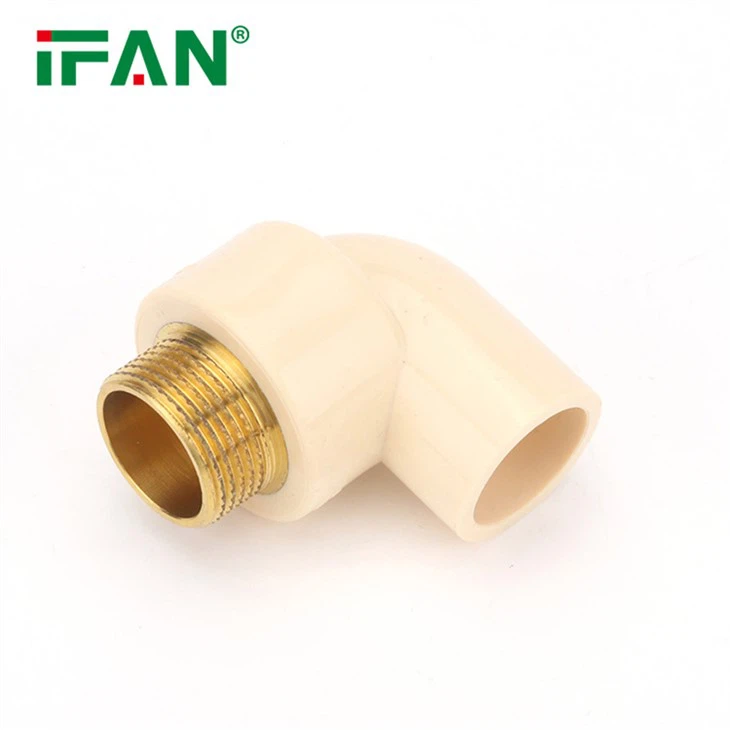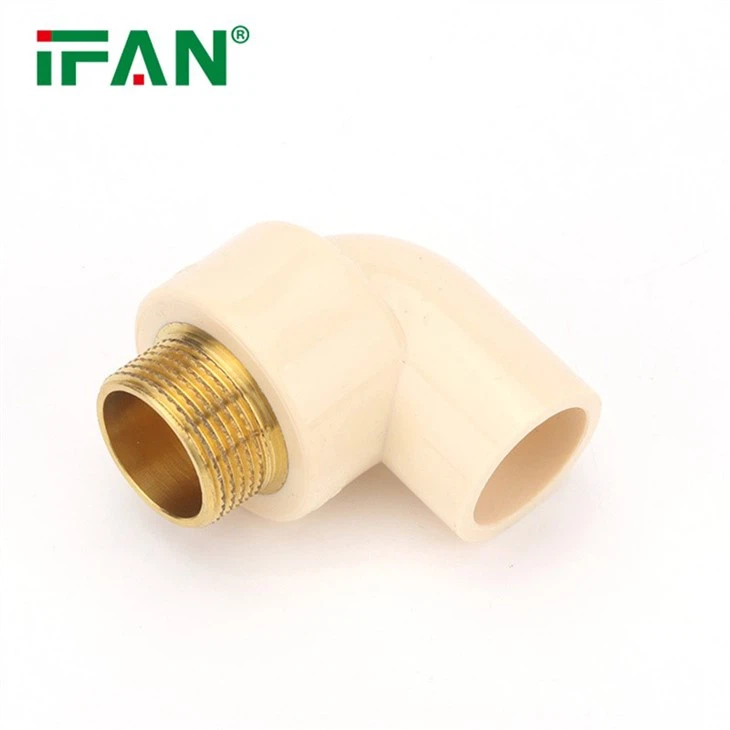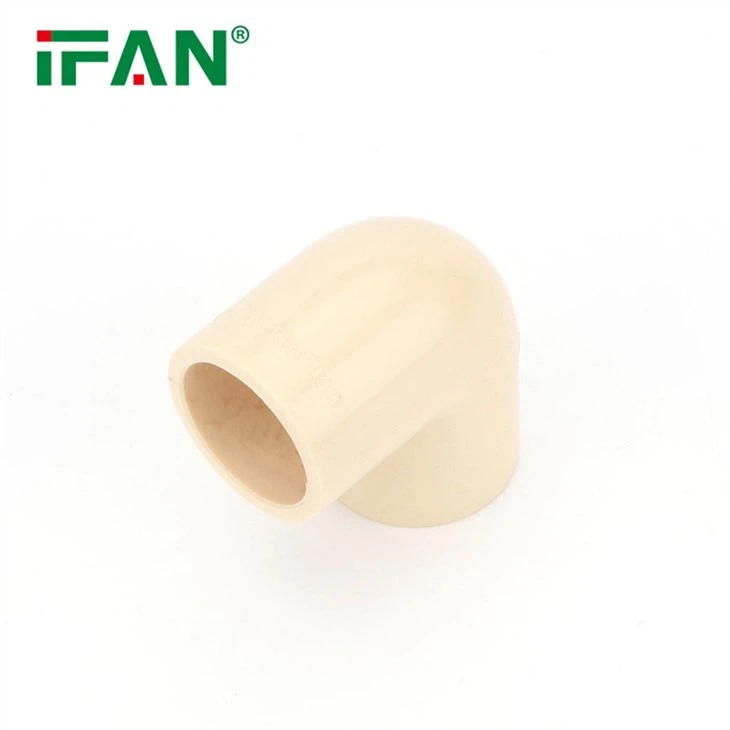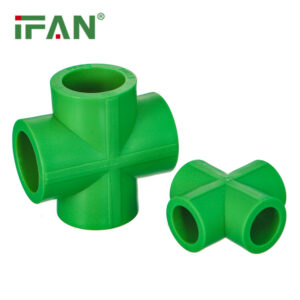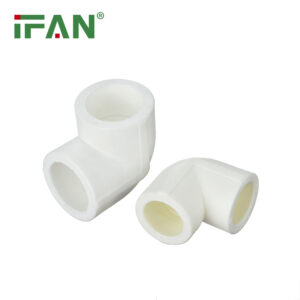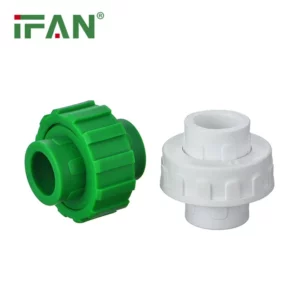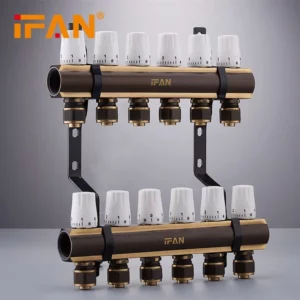Description
Introduction:
When it comes to plumbing and construction projects, selecting the appropriate PVC fittings is crucial. PVC (Polyvinyl Chloride) fittings play a vital role in connecting pipes and ensuring efficient fluid flow. In this article, we will explore the key factors to consider when choosing PVC fittings: materials, sizes, and their application in various scenarios.
I. Materials:
PVC fittings are available in different materials, each with its unique characteristics. It is essential to understand these materials to select the most suitable fittings for your specific requirements.
1. Schedule 40 PVC:
– Commonly used for general plumbing applications.
– Durable, rigid, and resistant to corrosion and chemical damage.
– Ideal for water supply systems, irrigation, and underground installations.
2. Schedule 80 PVC:
– Offers greater strength and durability compared to Schedule 40.
– Suitable for more demanding applications, such as high-pressure water systems and industrial settings.
– Resistant to impact, harsh chemicals, and extreme temperatures.
3. CPVC (Chlorinated Polyvinyl Chloride):
– Similar to PVC but treated with chlorine for enhanced heat resistance.
– Suitable for hot water systems, as it can handle higher temperatures.
– Widely used in residential and commercial applications.
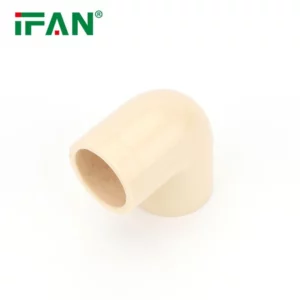
II. Sizes:
PVC fittings come in various sizes to accommodate different pipe diameters. Choosing the right size ensures proper fitment and optimal flow within the plumbing system.
1. Nominal Pipe Size (NPS):
– Refers to the approximate inner diameter of the pipe.
– PVC fittings are available in standard NPS sizes ranging from ½ inch to 12 inches.
– It is crucial to match the fitting size with the corresponding pipe size to ensure a secure connection and prevent leaks.
2. Slip Vs. Threaded Fittings:
– Slip fittings have smooth ends that slide over the pipe’s outer surface, secured with solvent cement.
– Threaded fittings have ridges and require tape or sealant for a watertight connection.
– Consider the specific application and pipe type when choosing between slip and threaded fittings.
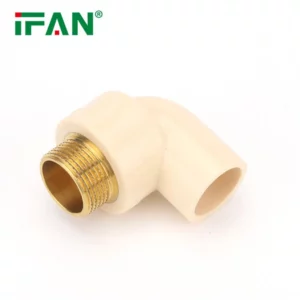
III. Applications:
PVC fittings find extensive use across various industries and applications due to their versatility and reliability.
1. Residential Plumbing:
– PVC fittings are widely used in residential plumbing systems for water supply, drainage, and venting.
– They are compatible with both Schedule 40 and Schedule 80 pipes, offering flexibility for different plumbing needs.
2. Irrigation Systems:
– PVC fittings are essential components in irrigation systems, connecting pipes, valves, and sprinklers.
– The chemical resistance of PVC ensures long-lasting performance in outdoor environments.
3. Industrial Applications:
– PVC fittings play a critical role in industrial settings, including chemical processing plants, wastewater treatment facilities, and manufacturing units.
– They offer excellent resistance to corrosive chemicals, making them suitable for handling various fluids.
4. Pool And Spa Installations:
– PVC fittings are commonly used in pool and spa installations for water circulation, filtration, and drainage systems.
– The durability and low-maintenance nature of PVC make it an ideal choice for these applications.
Related products
-
Others
Cross Tee
-
Others
PPR 90 Degree Elbow
-
Others
PPR Plastic Union
-
Others
Floor Heating Manifolds


